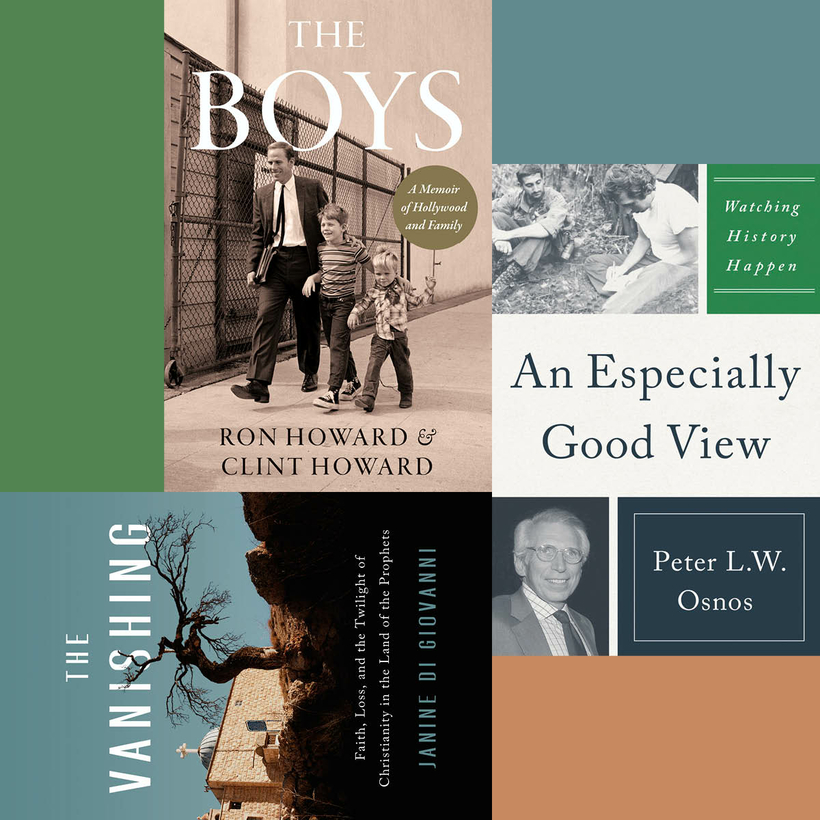To be a Christian in the Middle East today is to be a member of an evaporating minority, and the author casts a much-needed spotlight on the travails that face the Christian communities there. A war journalist of high repute, Janine di Giovanni is refreshingly open about her own Catholic faith and how it has sustained her during her career and especially during the pandemic. She is particularly good at getting readers to appreciate just how diverse Christianity is, a skill she acquired during the civil war in Bosnia, when she explored the roots of Croatian Catholics, Serbian Orthodox, Assyrians, Melchites, and others.
What a brilliant idea for a screenplay: two brothers who start out as child actors, a notoriously punishing experience, and one does very well and the other less well. But thanks to loving parents and a preternatural ability to stay focused and grounded, both boys succeed in those things that are most important in life.

